12 April 2025
Let’s face it—buying a home is one of the biggest decisions you’ll ever make. It’s not just about finding a place to live; it’s about choosing a space that fits your lifestyle, your budget, and your vision. Somewhere along the way, you've probably been intrigued by the idea of purchasing a fixer-upper, right? After all, those before-and-after home makeover shows make it look so easy. But is it really?
A fixer-upper can feel like a goldmine or a colossal money pit, depending on how you approach it. Let’s break it all down to see if tackling a home in need of some TLC is the right move for you.
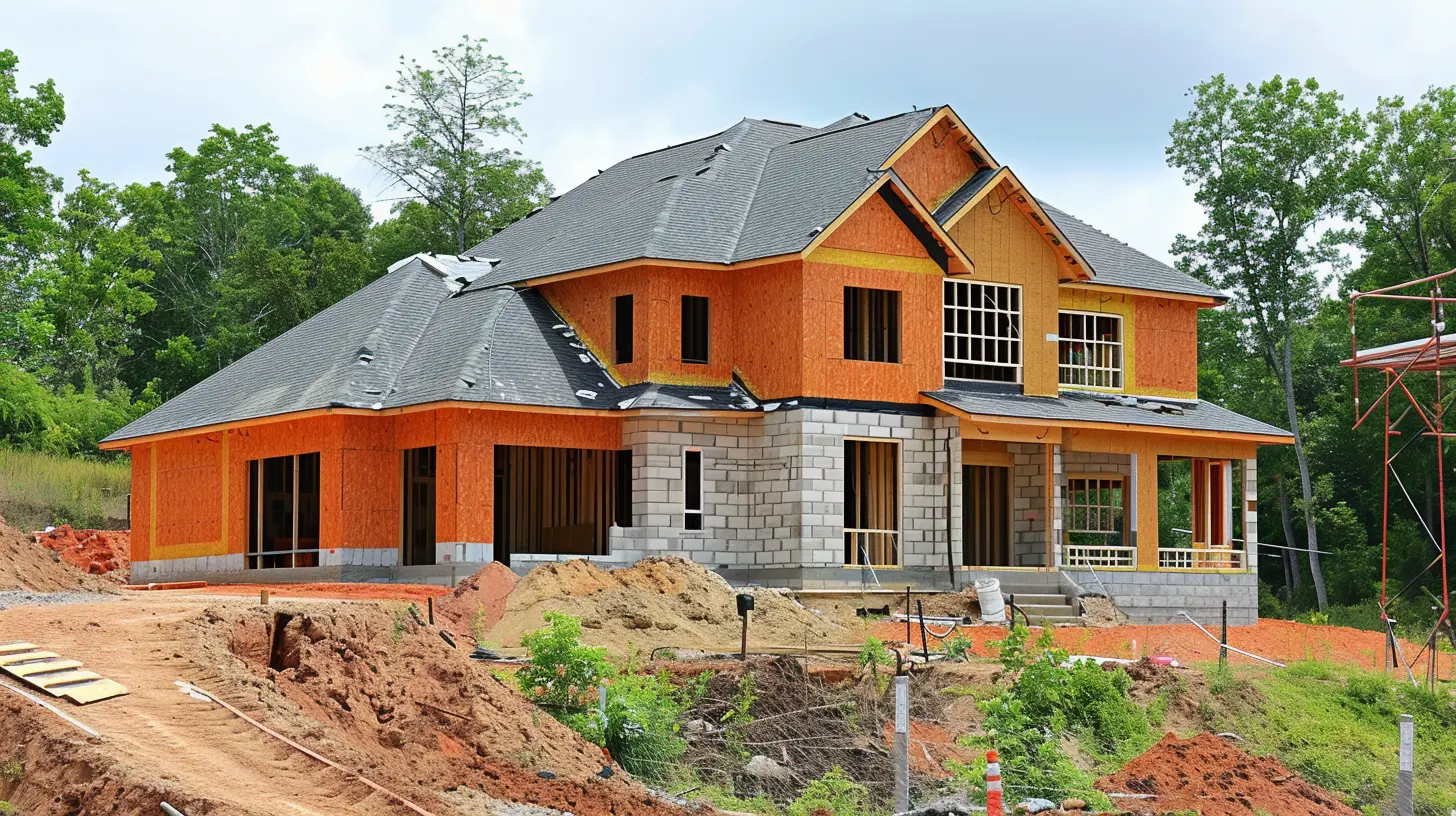
What Exactly Is a Fixer-Upper?
Before we dive into the nitty-gritty, let’s clarify what we mean by a “fixer-upper.” Essentially, it’s a property that’s structurally sound but needs significant renovations—anything from cosmetic updates to major system overhauls. Think outdated kitchens, worn-out flooring, or even plumbing and electrical work.It’s like buying a secondhand car—you’ll need to invest time, money, and effort to get it running smoothly. For some, the thought of rolling up their sleeves and creating their dream home is exhilarating. For others? It’s a nightmare waiting to happen.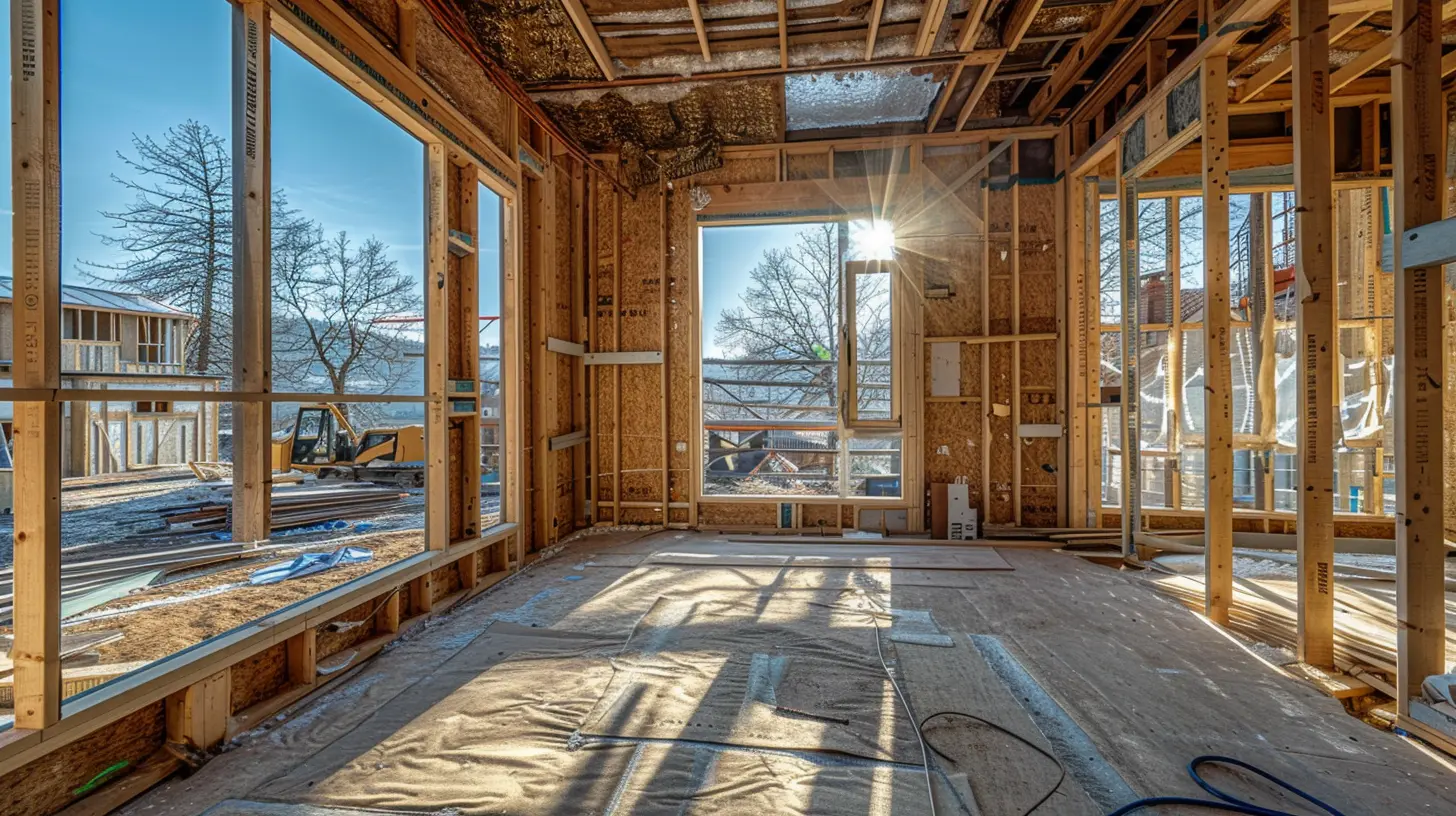
The Pros of Purchasing a Fixer-Upper
Let’s start with the good stuff—because, believe it or not, there are some serious perks to buying a house that’s seen better days.1. Lower Purchase Price
One of the biggest draws of a fixer-upper is the price tag. Since these homes typically need work, they tend to cost less than move-in-ready properties in the same neighborhood. This can be a great way to break into an area that might otherwise be out of your budget.For example, if you’ve always dreamed of living in that charming neighborhood with tree-lined streets and top-rated schools, a fixer-upper may be your ticket in. The lower upfront cost can also mean a smaller down payment and, potentially, lower property taxes.
2. Potential for Instant Equity
Here’s where things can get exciting: with the right renovations, you can significantly increase the value of your home. This is what’s known as “building equity.” Let’s say you buy a fixer-upper for $250,000 and invest $50,000 in upgrades—if the home is now worth $350,000 or more, you've already come out ahead.It’s like finding a rough diamond and polishing it into something valuable. For people with vision, this can be very rewarding—both emotionally and financially.
3. Personalization: Make It Your Own
When you buy a move-in-ready home, you’re stuck with someone else’s design choices—whether it’s beige walls or that outdated chandelier dangling in the dining room. With a fixer-upper, you’ve got a blank slate. You can customize everything to your taste, from the layout to the finishes.Want an open-concept kitchen that flows into the living room? Go for it. Dreaming of a spa-like bathroom with a soaking tub? The choice is yours. It’s your chance to create a home that fits you like a glove.
4. Less Competition
In a hot real estate market, move-in-ready homes tend to get snatched up quickly—sometimes sparking bidding wars. Fixer-uppers, on the other hand, often appeal to a smaller pool of buyers. This can give you more negotiating power and a better chance of getting the home at a reasonable price.5. Satisfaction of a Job Well Done
There’s something deeply satisfying about rolling up your sleeves and transforming a home. Sure, it’s hard work—but when you step back and admire your finished product, that sense of accomplishment is priceless. It’s like completing a giant puzzle—with your home being the reward.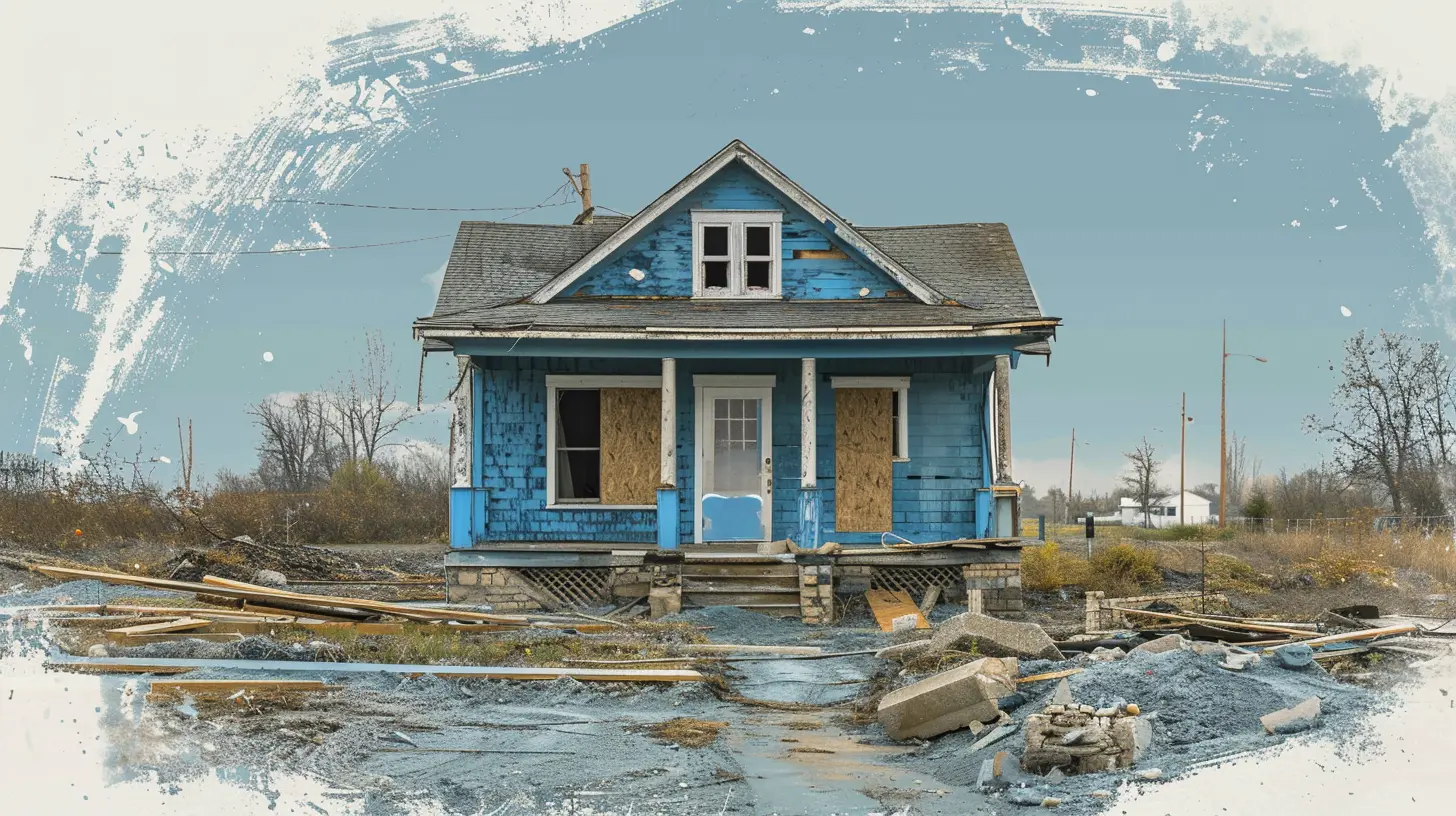
The Cons of Purchasing a Fixer-Upper
Of course, it’s not all sunshine and equity-building. Let’s talk about the potential downsides so you know what you’re getting into.1. Unexpected Costs
Here’s the thing about fixer-uppers—what you see isn’t always what you get. That peeling paint or creaky floorboards might be hiding bigger issues, like mold, outdated wiring, or a leaky roof. Once you start the renovation process, it’s easy for costs to spiral out of control.It’s like peeling an onion; one layer reveals another, and before you know it, you’re knee-deep in repairs you didn’t budget for. That’s why it’s crucial to get a thorough home inspection before you buy—and even then, expect the unexpected.
2. Time-Consuming
If you think you can buy a fixer-upper on Monday and move in by Friday, think again. Renovations take time—sometimes a lot of time. Whether you’re doing the work yourself or hiring contractors, you’ll need to be patient. Depending on the scope of the project, it could take weeks, months, or even a year to complete.And if you’re living in the home during renovations, get ready to deal with some chaos. Dust, noise, and a lack of usable space can wear on even the most patient person.
3. Stress and Hard Work
Let’s not sugarcoat it—fixer-upper projects can be stressful. Managing contractors, juggling timelines, and making endless design decisions can feel overwhelming. Plus, if you’re doing a lot of the work yourself, prepare for some sweat equity. Unless you’re a skilled DIYer, you may run into challenges that could derail your plans (and your budget).4. Financing Can Be Tricky
While a traditional mortgage works for most home purchases, financing a fixer-upper can be more complicated. You might need a renovation loan, like an FHA 203(k) loan or a Fannie Mae HomeStyle loan, which combines the cost of the home with renovation expenses. These loans often come with stricter requirements and can be a headache to navigate.5. Risk of Over-Renovating
Here’s a common trap to avoid: putting so much money into renovations that you outprice the neighborhood. You don’t want to be the house that’s worth $500,000 in a neighborhood of $300,000 homes—you’ll have a hard time recouping your investment when it’s time to sell.The key is to make smart upgrades that align with the area’s market trends. Otherwise, your “dream home” might turn into a financial flop.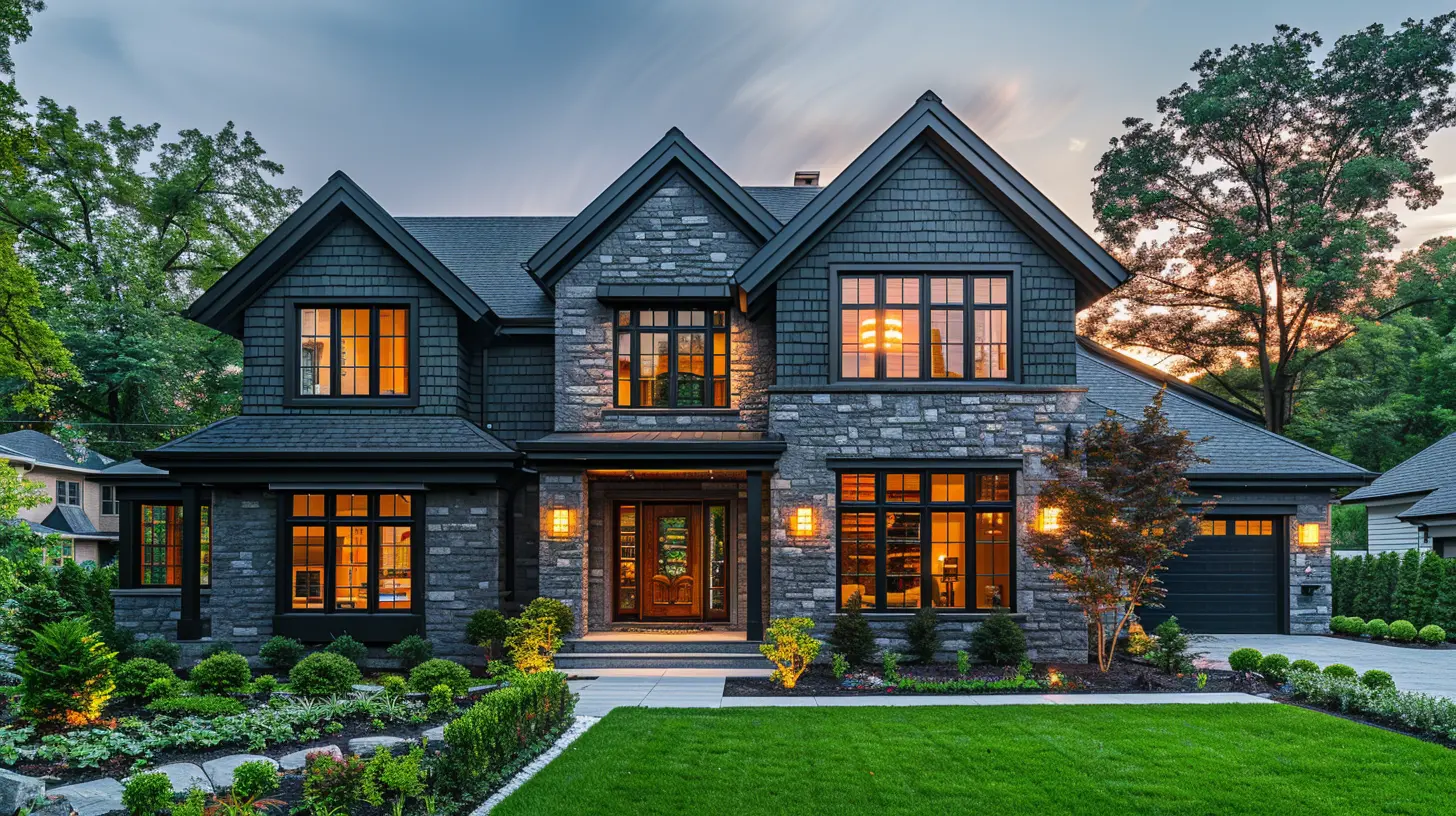
Should You Buy a Fixer-Upper?
So, is a fixer-upper worth it? Well, that depends on your situation and personality. If you’re handy, have a clear vision, and can handle the stress of renovations, a fixer-upper could be a fantastic opportunity. It’s a chance to create your dream home while potentially saving money in the long run.But if you’re short on time, patience, or extra cash, you might want to think twice. The process can be overwhelming, and the risk of unexpected costs is very real.
Ultimately, buying a fixer-upper is like baking from scratch—rewarding if you know what you’re doing, but messy if you don’t. Do your research, make a solid plan, and weigh the pros and cons carefully.


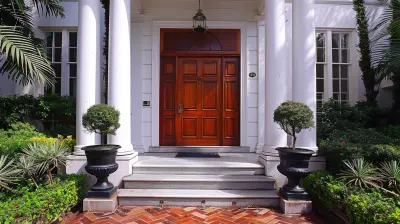
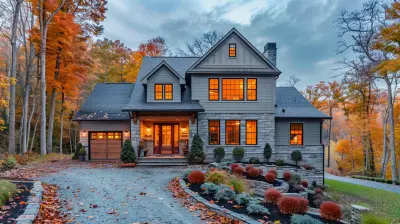
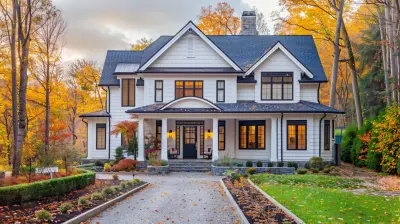

Zia Garcia
Balance vision with budget; a fixer-upper can be rewarding yet challenging.
April 24, 2025 at 8:09 PM